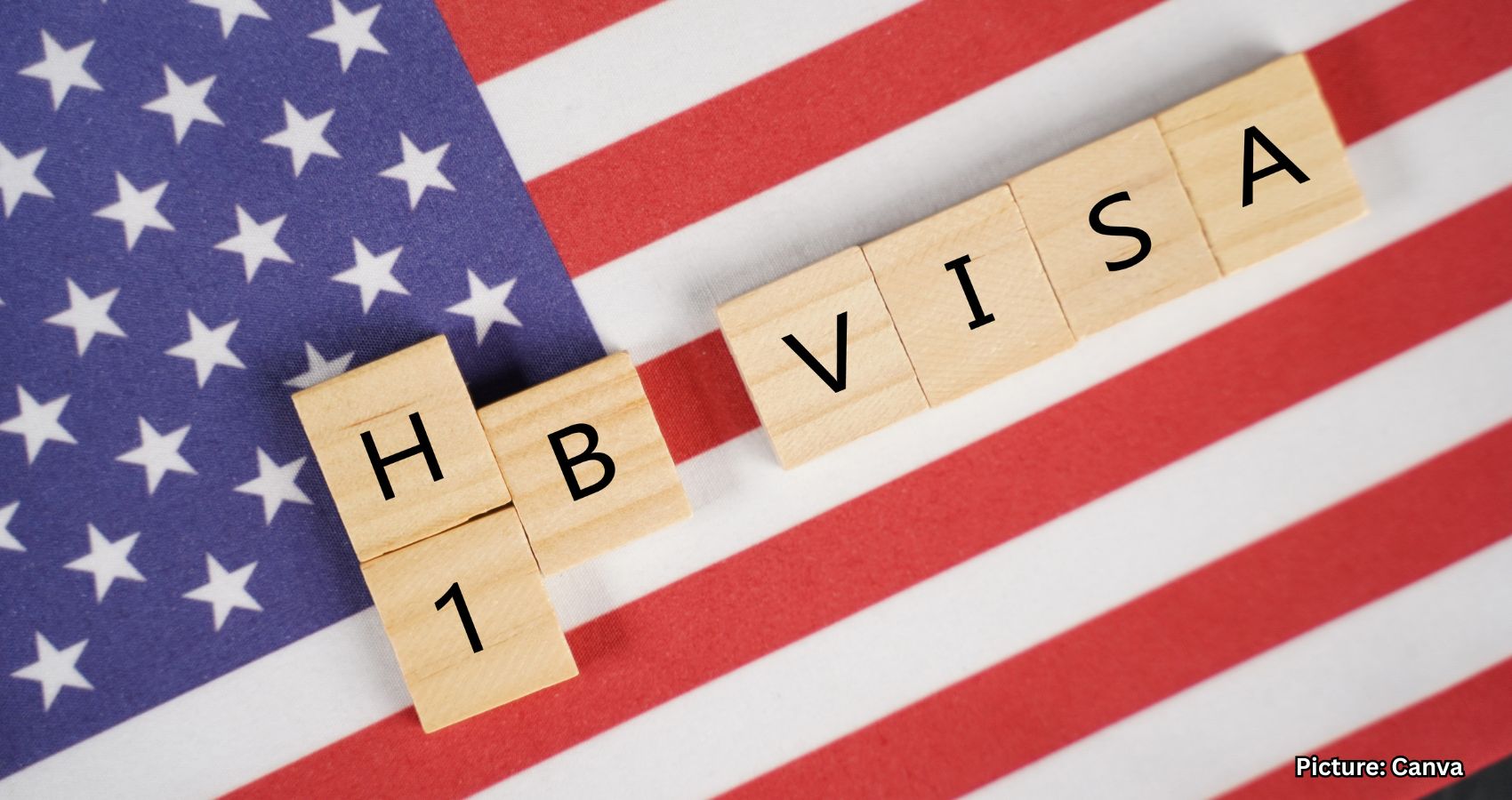As uncertainty surrounding H-1B visas increases, many skilled Indian professionals are turning to the EB-1A visa as a more viable path to U.S. residency.
As the path to securing an H-1B visa becomes increasingly uncertain, a growing number of highly skilled Indian professionals are exploring alternative routes to the United States. Immigration attorneys report a notable shift towards the EB-1A category, which is an employment-based visa designated for individuals of extraordinary ability. This option is gaining traction as a means to achieve long-term residency and career stability.
The EB-1A visa is tailored for professionals who can demonstrate significant achievements in fields such as science, technology, education, business, or the arts. Unlike other employment-based green card categories, such as EB-2 and EB-3, the EB-1A offers greater flexibility. Candidates are not required to have a job offer or employer sponsorship, which can be a significant barrier in the H-1B process.
To qualify for the EB-1A visa, applicants must provide evidence that they meet at least three of the ten eligibility criteria established by U.S. Citizenship and Immigration Services (USCIS). These criteria include recognition through awards, published work, contributions to the industry, or leadership roles.
Another significant advantage of the EB-1A category is that applicants, including researchers and multinational executives, are exempt from the labor certification process. This requirement is often time-consuming and burdensome for H-1B holders and most other employment-linked green cards. The processing timeline for EB-1A petitions is generally faster, and unlike other visa categories that can experience lengthy wait times due to country-based quotas, EB-1A applications often progress with fewer delays.
Recent data from USCIS indicates a substantial increase in EB-1A filings. Approximately 7,300 EB-1A applications were submitted in the first quarter of 2025, marking a surge of over 50% compared to the previous quarter. Overall, EB-1A applications in 2025 are tracking nearly 50% higher than the previous year. This spike is largely attributed to Indian professionals seeking a more reliable alternative to the H-1B route, particularly in light of recent policy changes under the Trump administration, according to Frederick Ng, co-founder of the immigration platform Beyond Border.
The proposed increase in H-1B filing fees, potentially reaching as high as $100,000, has added another layer of complexity for U.S. employers considering foreign hires. This makes the H-1B program increasingly cost-intensive and less accessible. As companies navigate these financial challenges, many Indian professionals are seeking immigration options that provide greater autonomy, especially those that do not rely on employer sponsorship for entry into the U.S. or for securing permanent residency.
The shift towards the EB-1A category is particularly pronounced among Indian H-1B holders. Indians represent over 70% of approved H-1B beneficiaries, meaning any tightening of policies or downturns in the tech sector disproportionately affect them. Sukanya Raman, an immigration attorney and country head at Davies & Associates, notes that the increasing backlogs in the EB-2 and EB-3 categories for Indian applicants are fueling this trend. The EB-1A pathway is becoming more appealing as it allows qualified individuals to self-petition, offering more control and often significantly shorter wait times. “Extraordinary ability is really about measurable impact, not global fame,” Raman explained.
More Indian engineers, researchers, and product leaders are now turning to the EB-1A route, leveraging their professional accomplishments to bolster their applications. Many are emphasizing patents, high-profile publications, industry recognitions, and leadership positions to meet the criteria for “extraordinary ability.” This strategy positions them for a faster and more independent path to U.S. residency.
“Indian professionals are realizing they already meet the standard,” Raman stated. “Their work is driving innovation globally, and the EB-1A category acknowledges that.”
Source: Original article

